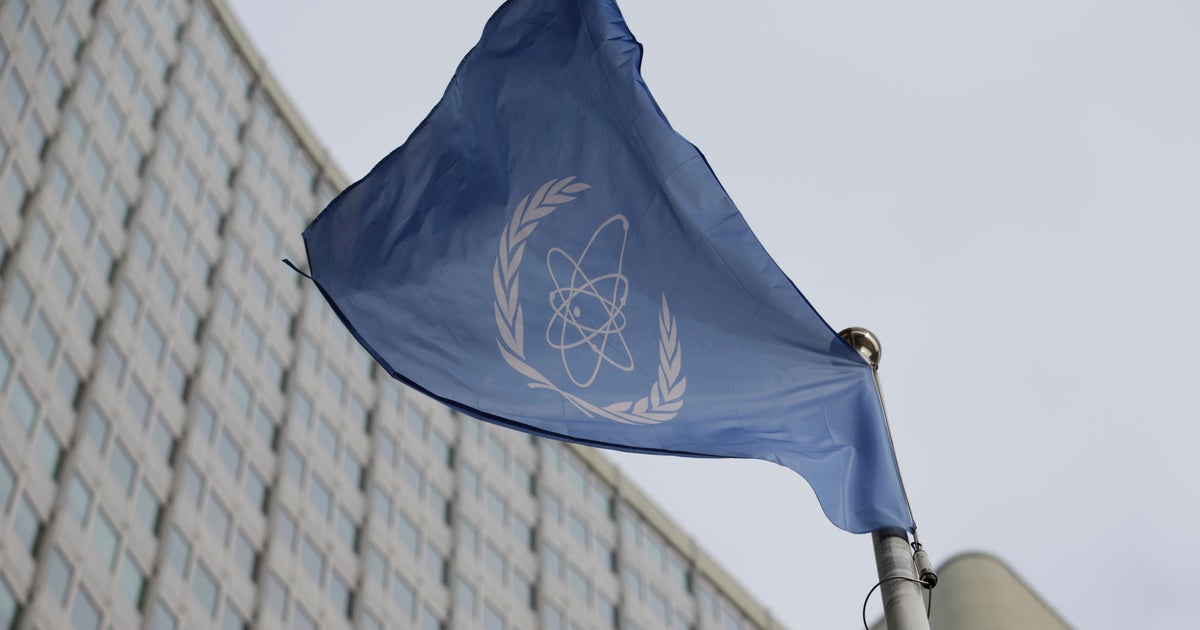Iran's Nuclear Program Under Scrutiny as Diplomatic Talks Continue
Iran's uranium stockpile has surged, prompting urgent discussions in Cairo among Iranian, Egyptian, and U.N. leaders amid ongoing U.S.-Iran negotiations.
Overview
The IAEA reports Iran's uranium enriched to 60% has surged by nearly 50%, totaling 408.6 kg. Iranian FM Abbas Araghchi emphasized Iran's cooperation with the IAEA during a call with its director, Rafael Grossi. Despite the IAEA's concerns about Iran's nuclear activities, Araghchi insisted they are within agreements and monitored. Meanwhile, U.S.-Iran talks continue, with Omani mediation, aiming to limit Iran's nuclear program in exchange for sanctions relief. In a recent meeting in Cairo, Iranian, Egyptian, and U.N. leaders discussed the IAEA's alarming report, which raised concerns about Iran's enrichment activities, further complicating diplomatic efforts.
Report issue

Read both sides in 5 minutes each day
Analysis
- The articles present a neutral tone on Iran's nuclear program and ongoing diplomatic discussions.
- Concerns over Iran's uranium enrichment are highlighted, alongside Iran's insistence on its right to enrich.
- Skepticism from Iranian officials regarding the IAEA's motivations is noted amidst rising tensions.
Articles (11)
Center (7)
FAQ
With its current stockpile of about 408.6 kg of 60% enriched uranium (as of May 2025), Iran has enough material that, if further enriched to 90%, could theoretically produce several nuclear bombs. The IAEA notes that approximately 42 kg (about 92.5 lbs) of 60% enriched uranium is enough to make one atomic bomb if further enriched.
Negotiations between the U.S. and Iran are ongoing, with Oman serving as a mediator. The talks aim to limit Iran’s nuclear program in exchange for sanctions relief. Despite diplomatic efforts, the situation remains tense, with the IAEA expressing concerns about Iran’s growing uranium stockpile.
Iran maintains that its nuclear program is peaceful and insists that all activities are within the framework of existing agreements and under IAEA monitoring. However, Iranian officials have made remarks suggesting that Tehran could pursue an atomic bomb if it chose to do so, while also formally denying any intent to build nuclear weapons[1].
The international community, particularly through the IAEA, has expressed serious concerns about Iran’s expanding uranium stockpile and enrichment levels. Israel has called Iran’s actions a warning sign of its intent to develop nuclear weapons. U.S. intelligence agencies assess that Iran has not yet begun a weapons program but has positioned itself to do so if it decides.
Enriching uranium to 60% is considered close to weapons-grade (90%), and there is little civilian justification for such a high enrichment level. Iran’s advanced centrifuges and large stockpiles have significantly reduced the time it would take to produce enough weapons-grade uranium for several bombs, increasing concerns about nuclear proliferation.
History
- 2M

 4 articles
4 articles
- 2M

 4 articles
4 articles





